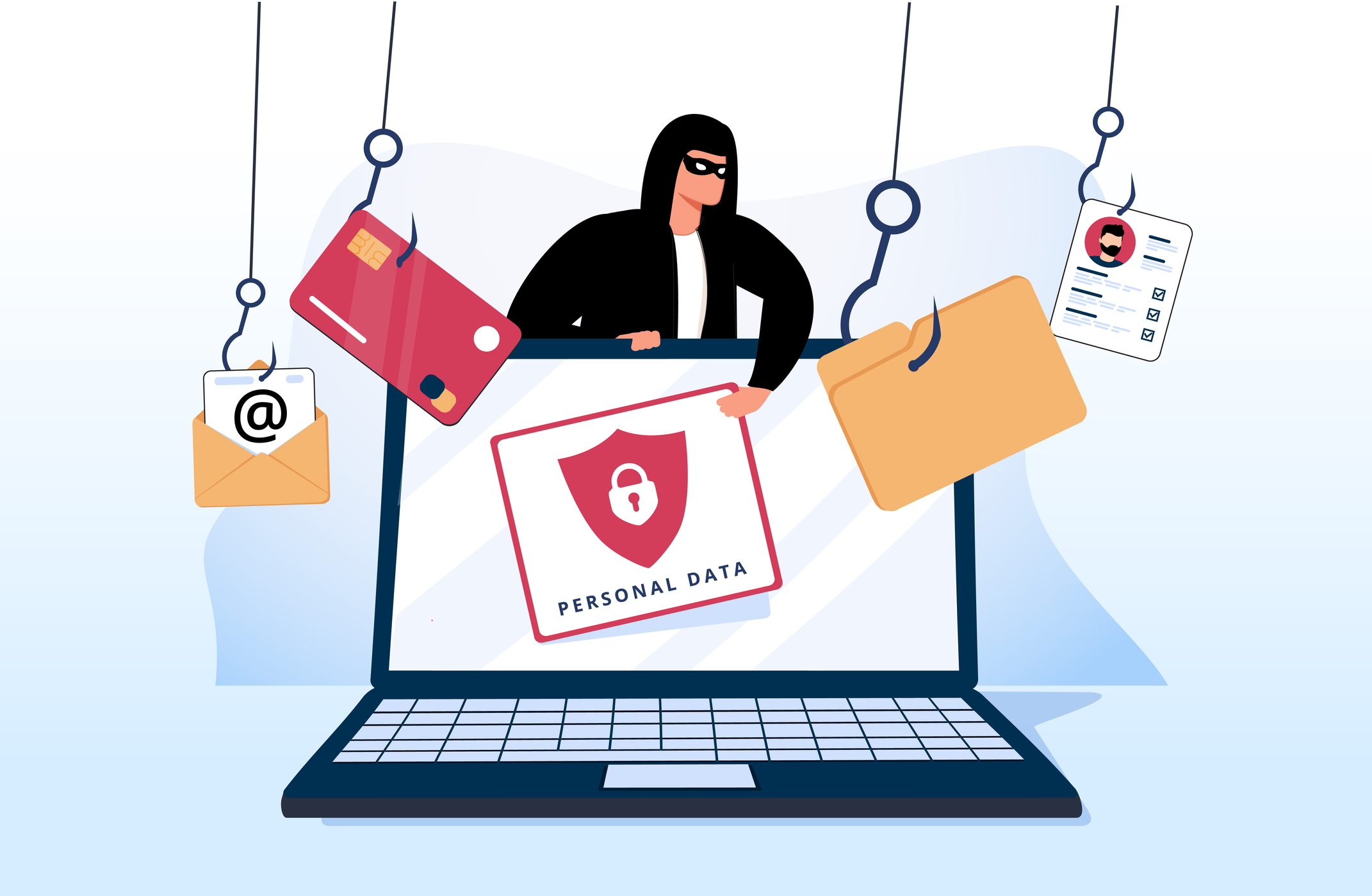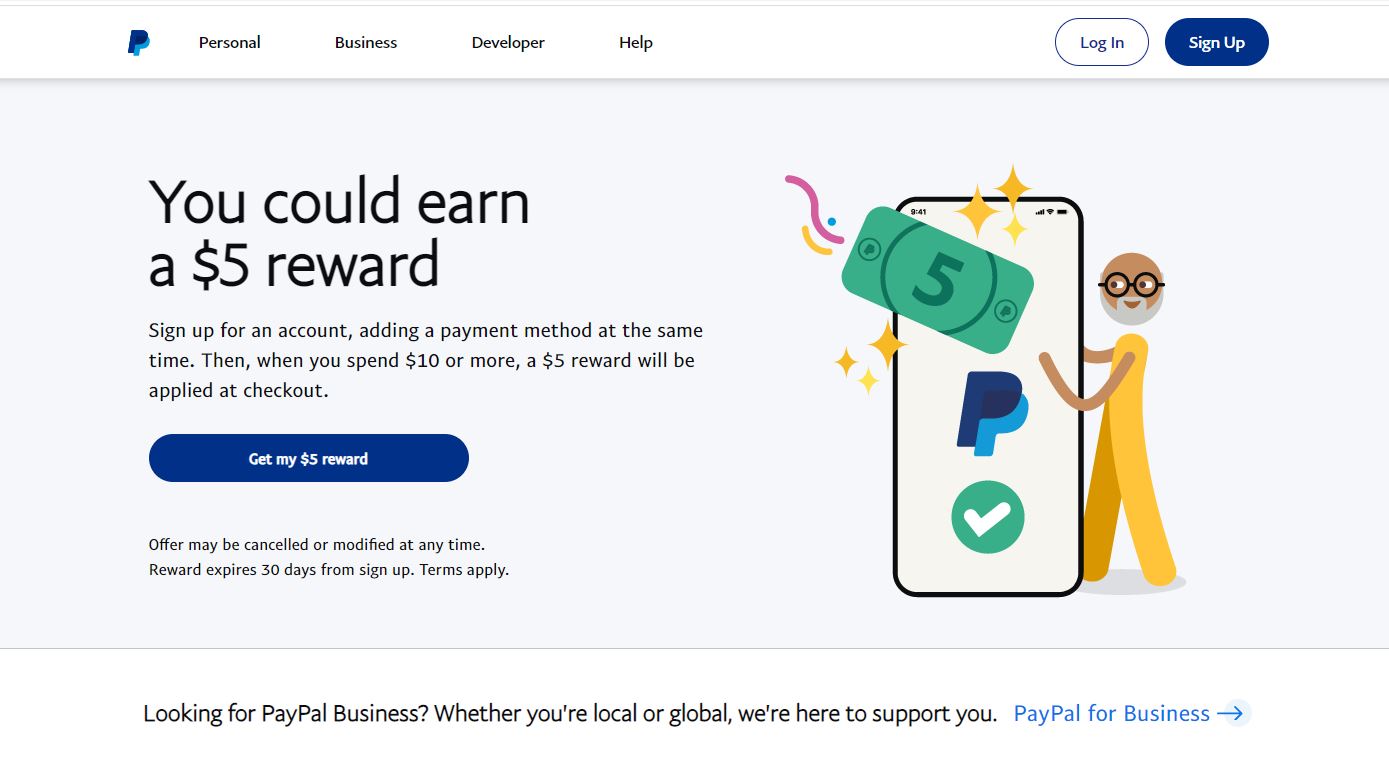Banking Scams: Beware Fraudsters Impersonating Your Bank
Scams — and the criminals behind them — are getting more creative in separating victims from their money.


Profit and prosper with the best of Kiplinger's advice on investing, taxes, retirement, personal finance and much more. Delivered daily. Enter your email in the box and click Sign Me Up.
You are now subscribed
Your newsletter sign-up was successful
Want to add more newsletters?

Delivered daily
Kiplinger Today
Profit and prosper with the best of Kiplinger's advice on investing, taxes, retirement, personal finance and much more delivered daily. Smart money moves start here.

Sent five days a week
Kiplinger A Step Ahead
Get practical help to make better financial decisions in your everyday life, from spending to savings on top deals.

Delivered daily
Kiplinger Closing Bell
Get today's biggest financial and investing headlines delivered to your inbox every day the U.S. stock market is open.

Sent twice a week
Kiplinger Adviser Intel
Financial pros across the country share best practices and fresh tactics to preserve and grow your wealth.

Delivered weekly
Kiplinger Tax Tips
Trim your federal and state tax bills with practical tax-planning and tax-cutting strategies.

Sent twice a week
Kiplinger Retirement Tips
Your twice-a-week guide to planning and enjoying a financially secure and richly rewarding retirement

Sent bimonthly.
Kiplinger Adviser Angle
Insights for advisers, wealth managers and other financial professionals.

Sent twice a week
Kiplinger Investing Weekly
Your twice-a-week roundup of promising stocks, funds, companies and industries you should consider, ones you should avoid, and why.

Sent weekly for six weeks
Kiplinger Invest for Retirement
Your step-by-step six-part series on how to invest for retirement, from devising a successful strategy to exactly which investments to choose.
Consumer scams are getting more and more creative with every year that goes by. The Federal Trade Commission (FTC) reported that consumers lost more than $5.8 billion to fraudsters in 2021, an increase of more than 70 percent over the previous year. And the data for 2022 is expected to be even higher when it's released, as criminals experiment with more intricate and inventive scams.
One of the latest technology-aided gambits involves scammers contacting you pretending to be your bank, in order to steal sensitive data and take over your accounts. So how do these scams work, and how can you protect yourself?
Bank spoof scams: How they work
The Detroit Free Press reports on a recent surge in scammers targeting checking accounts and bank accounts, particularly during the recent holiday shopping rush. The latest trend is to impersonate or “spoof” bank fraud departments.
Scammers and criminal gangs reach out to potential victims via fake text messages, phishing emails, or telephone calls — both live and pre-recorded. Once they’ve successfully impersonated the victim’s bank, scammers hope to confuse their mark into believing fictional stories about crooks hacking into their bank accounts.
From just $107.88 $24.99 for Kiplinger Personal Finance
Become a smarter, better informed investor. Subscribe from just $107.88 $24.99, plus get up to 4 Special Issues

Sign up for Kiplinger’s Free Newsletters
Profit and prosper with the best of expert advice on investing, taxes, retirement, personal finance and more - straight to your e-mail.
Profit and prosper with the best of expert advice - straight to your e-mail.
The scammer tries to convince the victim to reveal personal information or to click on fraudulent links to help “stop the crooks” when, of course, the scammer’s real goal is to take over their bank account themselves.
Scammers use these fake, urgent warnings to panic you into acting before you have time to think, according to the FTC. This “fight or flight” feeling is what helps scammers achieve their goals — and it usually succeeds unless potential victims understand how to protect themselves.
Related payment scams
The American Bankers Association reports that scammers also attempt intricate phishing attempts to trick consumers into using person-to-person payment apps to transfer money to the crooks, under the guise of a legitimate business or someone you trust. Criminal gangs usually already have some of their intended victim's personal details, often gained through a data breach, which they use to make the scam harder to detect.
PayPal, Venmo, CashApp and Zelle are the preferred money-transfer apps for scammers. According to the Consumer Financial Protection Bureau (CFPB), consumers lost $130 million in 2021 by mistakenly sending money to scammers via these payment apps or similar services.
How to protect yourself
To guard against these types of scams, follow a few cardinal rules from the CFPB:
- Never trust Caller ID, especially when they ask for private information. Banks will never call and ask you for that info over the phone, to avoid this exact scenario.
- Worried that a call or message is fake? Don't use the number provided. Instead, reach out to your bank or credit card company via their mobile app or via their official phone number, which is usually located on bank statements and on the back of your credit or debit card.
- Never share passwords or numbers for Social Security, credit cards, or bank accounts.
- Never send money to someone you don’t know. If you think you sent money to a scammer, contact your bank or the payment app operator you used to report a potential mistake and hopefully recover your funds.
- Put your number on the National Do Not Call Registry to avoid robocalls from scammers. Go to www.donotcall.gov or call (888) 382-1222.
- Submit complaints about scammers and fraudulent activities to www.consumerfinance.gov/complaint.
Related Content
- How Do I Stop Robocalls from Scamming Me?
- Beware the Caller from "The Government" - It's a Scam
- Romance Scams - "I Love You; Send Money"
- Don't Fall for Timeshare Exit Scams
- T-Mobile data breach
- Identity theft: Act now to protect yourself
Profit and prosper with the best of Kiplinger's advice on investing, taxes, retirement, personal finance and much more. Delivered daily. Enter your email in the box and click Sign Me Up.

Ben Demers manages digital content and engagement at Kiplinger, informing readers through a range of personal finance articles, e-newsletters, social media, syndicated content, and videos. He is passionate about helping people lead their best lives through sound financial behavior, particularly saving money at home and avoiding scams and identity theft. Ben graduated with an M.P.S. from Georgetown University and a B.A. from Vassar College. He joined Kiplinger in May 2017.
-
 Stocks Sink With Alphabet, Bitcoin: Stock Market Today
Stocks Sink With Alphabet, Bitcoin: Stock Market TodayA dismal round of jobs data did little to lift sentiment on Thursday.
-
 Betting on Super Bowl 2026? New IRS Tax Changes Could Cost You
Betting on Super Bowl 2026? New IRS Tax Changes Could Cost YouTaxable Income When Super Bowl LX hype fades, some fans may be surprised to learn that sports betting tax rules have shifted.
-
 How Much It Costs to Host a Super Bowl Party in 2026
How Much It Costs to Host a Super Bowl Party in 2026Hosting a Super Bowl party in 2026 could cost you. Here's a breakdown of food, drink and entertainment costs — plus ways to save.
-
 Etsy, eBay, PayPal Want IRS 1099-K Relief for Online Sellers
Etsy, eBay, PayPal Want IRS 1099-K Relief for Online SellersIncome Tax Companies like eBay, Etsy, and PayPal want Congress to raise the $600 reporting threshold for IRS Form 1099-K to give relief to millions of sellers who use their sites.
-
 Scams Cost Consumers $8.8 Billion in 2022 — The Top Five Frauds
Scams Cost Consumers $8.8 Billion in 2022 — The Top Five FraudsScams and frauds jumped to shocking new highs last year. Learn the top five types, and use our tips to protect yourself.
-
 Beware Fake Disney Plus Emails That Steal Your Bank Information
Beware Fake Disney Plus Emails That Steal Your Bank InformationFake Disney Plus billing messages enable scammers to access your bank account and drain your funds.
-
 Romance Scams to Beware — Signs of a Scammer at Work
Romance Scams to Beware — Signs of a Scammer at WorkPeople seeking love and connection are attractive targets for fraudsters. Avoid these romance scams that prey on your best intentions.
-
 Free Credit Monitoring for Equifax Breach Victims
Free Credit Monitoring for Equifax Breach Victimscredit reports Millions of consumers whose data may have been exposed have been notified to sign up for the monitoring service.
-
 Scammers Target Last-minute Shoppers
Scammers Target Last-minute ShoppersScams Products may be in short supply, but potential thieves are not. Be “scam smart” to keep your holiday happy.
-
 How to Choose the Right Payment App
How to Choose the Right Payment Appbanking Using PayPal, Venmo, Zelle and other apps is convenient, but there are pros and cons to each.
-
 How Do I Spend My Bitcoin? (And Where?)
How Do I Spend My Bitcoin? (And Where?)cryptocurrency You can invest in Bitcoin, but seeing as it's a digital currency, you can spend it, too – at a rapidly growing number of businesses. Here's how.